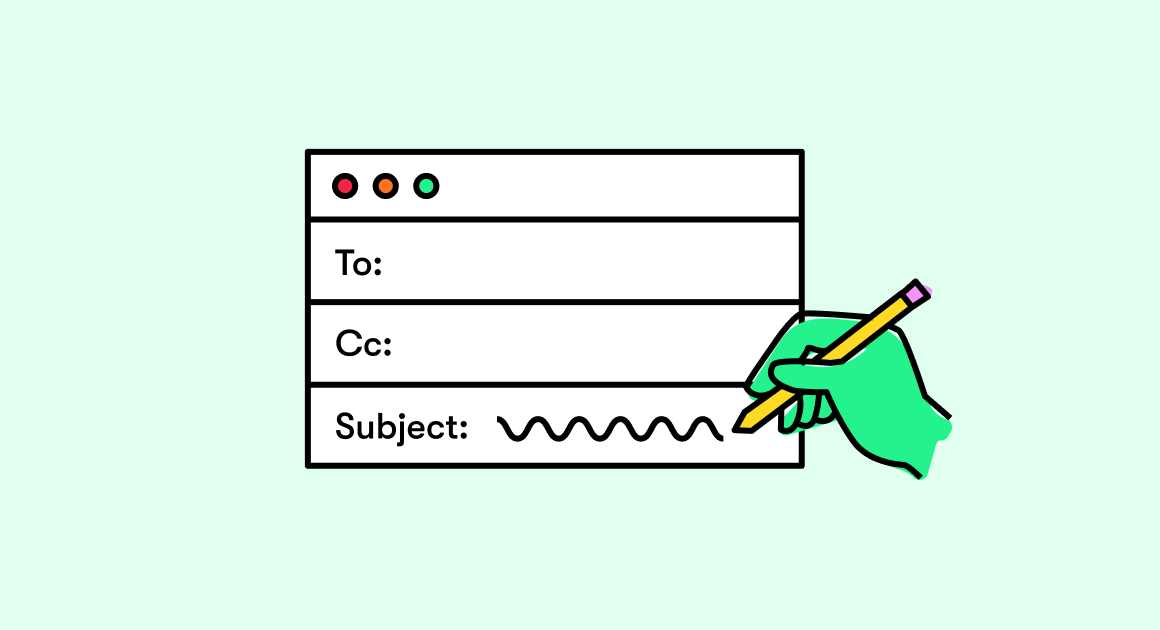The world can be a stressful place. From traffic jams and work deadlines to all the negative news headlines, there are lots of events in life that make people feel pressured, overwhelmed, threatened, or helpless.
Stress is the body’s way of responding to those types of feelings and involves the release of hormones that trigger a ‘fight or flight response. In some cases, such as where you need to respond quickly to danger or face a fear, this is helpful. However, at other times it leaves you feeling anxious and unable to cope. Not only that, prolonged stress can have damaging impacts on our mental and physical health – which is why it’s vital to take steps to manage it. Read on to find out more.
How stress affects the body
Stress can affect the body in a multitude of different ways. The sort of symptoms you experience can vary depending on your overall health, personality, and life circumstances, but the following are among the most common:
- Headaches
- Shortness of breath
- Depression
- Insomnia
- Hair loss
- Heartburn
- Indigestion
- High blood pressure
- High blood sugar levels
- Stomachaches
- Constipation
- Anxiety
- Irritability
- Restlessness
- Back and shoulder pain
Prolonged stress can also increase your risk of developing serious medical conditions such as diabetes, heart attacks, fertility problems, and stroke. It may even lower your immune system, making you more vulnerable to infections and viruses like the common cold. You might find that it takes you longer to recover from wounds and illnesses.
In addition, the negative effects of stress can make it more likely that you’ll engage in potentially harmful behaviors such as overeating, drinking too much alcohol, or neglecting social relationships. These, in turn, can have further damaging effects on your physical and mental health.
Read More: TV recliner
Top tips for managing stress
As you can see, the impact stress can have on the body is serious. That’s why it’s important to understand how you can deal with it in a healthy manner. Fortunately, there are many options out there to help you relax, even if it’s not possible to remove the sources of stress that you’re experiencing. Simply recognizing the problem is the first step toward getting better.
Having said that, if you’re currently experiencing severe stress-related symptoms, it might be a good idea to speak to your doctor or a therapist. Likewise, some symptoms may be best handled with other types of treatment. For example, if you’re suffering from serious hair loss, then it could be worth looking into getting a Hair Transplant by hshairclinic.co.uk.
Here are some of the most effective tactics for coping with stress:
- Meditating for five minutes a day
- Journaling to work through negative feelings you have
- Adult coloring books to reduce anxiety
- Breathing exercises to counter stressful situations
- Spending quality time with friends and family
- Losing yourself in a good book or movie
- Engaging in a creative hobby such as arts, crafts, and music
- Eating a healthier diet to help your body be more resilient to stress
- Taking regular exercise
- Going for a long walk in nature
- Treating yourself to a massage, facial, or similar spa treatment
- If possible, delegate tasks to others so you don’t feel overwhelmed
- Not relying on vices such as smoking and drinking to alleviate stress



